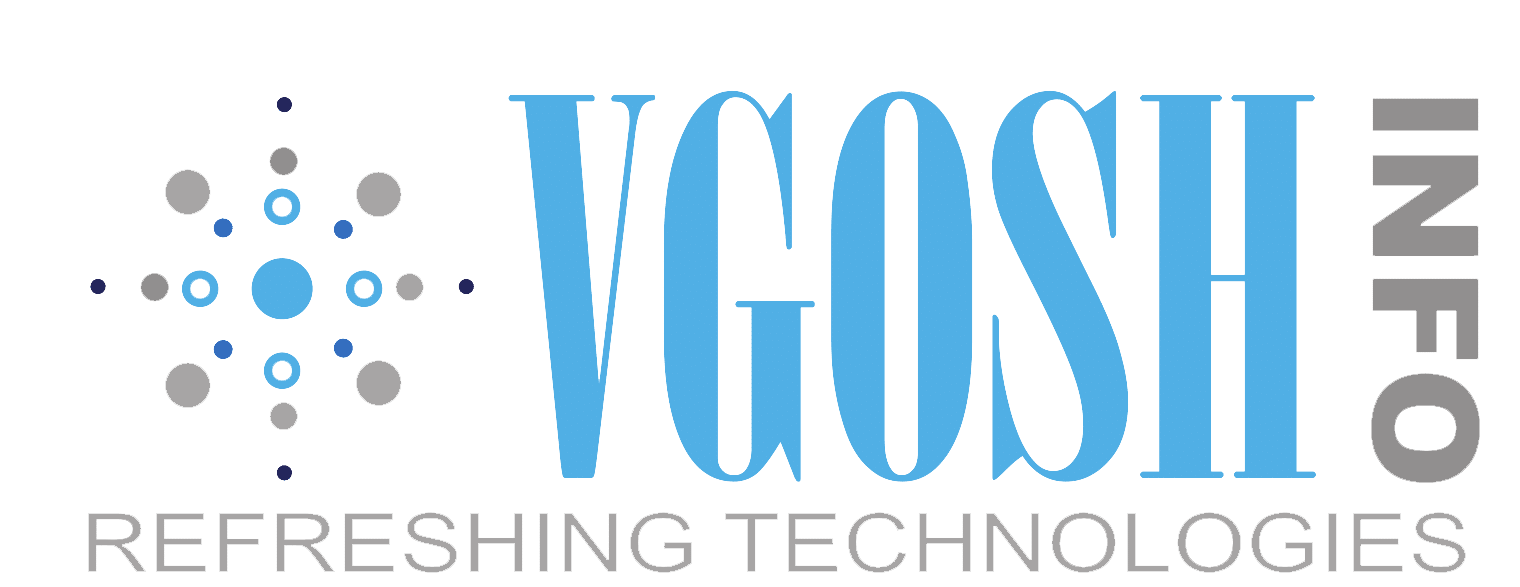Harnessing Blockchain’s Potential for Business in Singapore: Key Use Cases
In the digital age, Singapore has proven to be a global hub for innovation and technological advancement. One of the most transformative technologies of our time, blockchain, is making its presence felt in Singapore’s business landscape.
This blog explores how blockchain is being used in Singapore, its various business use cases, and the immense potential it holds for revolutionizing the way we conduct business.
How is Blockchain Used in Singapore?
Blockchain technology has gained immense traction in Singapore due to its potential to enhance transparency, security, and efficiency in various sectors. The government of Singapore has recognized the importance of blockchain and is actively promoting its adoption. Here are some key ways blockchain is being used in Singapore:
1. Supply Chain Management: Blockchain technology is being leveraged to improve supply chain management in various industries, including food, pharmaceuticals, and logistics. It provides end-to-end visibility, traceability, and transparency, reducing the risk of counterfeit goods and ensuring product quality.
2. Financial Services: Singapore has a thriving financial sector, and blockchain is playing a significant role in optimizing financial services. It is used for cross-border payments, trade finance, and settling securities transactions, streamlining the financial industry.
3. Real Estate: Blockchain is revolutionizing the real estate sector by enabling transparent property transactions. Smart contracts, built on blockchain technology, simplify the buying and selling process, reducing the need for intermediaries.
4. Healthcare: In the healthcare sector, blockchain is being used to secure patient data, streamline insurance claims processing, and ensure the authenticity of pharmaceutical products. Patients can have more control over their health data and be granted access to authorized parties.
5. Government Services: The Singapore government is exploring blockchain to improve public services, such as land registries and voting systems. These applications enhance data security and reduce the potential for fraud.
6. Digital Identity: Blockchain-based digital identity solutions are being developed in Singapore, allowing citizens to have more control over their personal information and simplifying access to services.
What is the Use Case of Blockchain in Business?
Blockchain offers several compelling use cases for businesses in Singapore. Let’s delve into some of these:
1. Smart Contracts: Smart contracts are self-executing contracts with the terms of the agreement directly written into code. Businesses can use smart contracts to automate various processes, such as payments, contracts, and record-keeping, thereby reducing the need for intermediaries and minimizing the potential for disputes. This is particularly valuable for businesses involved in supply chain management, real estate, and legal services.
2. Trade Finance: Blockchain has the potential to revolutionize trade finance in Singapore by reducing fraud, automating paperwork, and streamlining the trade process. Trade finance on the blockchain can accelerate the movement of goods and capital, enhancing international trade.
3. Tokenization of Assets: Businesses can tokenize assets like real estate, art, and even company shares, making them easily divisible and transferable. This opens up new investment opportunities and liquidity for traditionally illiquid assets.
4. Secure Data Management: Blockchain technology can improve data security and integrity. Businesses can use blockchain to securely manage sensitive data, preventing unauthorized access and data breaches.
5. Supply Chain Optimization: Blockchain enables end-to-end visibility and transparency in the supply chain. Businesses can track the movement of goods, verify their authenticity, and quickly identify and rectify any issues or delays in the supply chain.
What is the Biggest Potential Use Case of Blockchain?
The most significant potential use case of blockchain is undoubtedly its role in revolutionizing the financial sector. Here’s how blockchain technology is reshaping finance:
1. Cross-Border Payments: Blockchain offers faster and more cost-effective cross-border payment solutions. Traditional international money transfers can be time-consuming and expensive, with multiple intermediaries taking a cut. Blockchain enables near-instant, low-cost cross-border transactions, making it an ideal solution for businesses in Singapore engaged in international trade.
2. Decentralized Finance (DeFi): DeFi is an emerging sector that leverages blockchain technology to create an open, decentralized financial ecosystem. DeFi applications enable lending, borrowing, trading, and earning interest on cryptocurrencies without the need for traditional financial intermediaries like banks. The potential for DeFi in Singapore is vast, as it can provide access to financial services to a broader population.
3. Tokenization of Assets: Asset tokenization, where assets like real estate, stocks, and commodities are represented as digital tokens on a blockchain, has the potential to democratize investing. Investors can buy and sell fractional ownership of high-value assets, making it easier for small investors to participate in traditionally exclusive markets.
4. Central Bank Digital Currencies (CBDCs): Many central banks, including the Monetary Authority of Singapore, are exploring the issuance of digital currencies. These CBDCs aim to provide a secure and efficient means of payment, potentially replacing physical cash and even traditional bank deposits in the future.
5. Smart Contracts in Finance: Smart contracts automate financial agreements and transactions without the need for intermediaries. This has the potential to streamline lending, insurance, and other financial services, reducing costs and increasing transparency.
What Potential Blockchain Use Cases Can You Think Of?
In addition to the established use cases, the potential applications of blockchain technology are vast and continually evolving. Here are some innovative possibilities:
1. Art Provenance: Blockchain can be used to create a secure and unforgeable record of an artwork’s provenance, ensuring its authenticity and history. This can boost trust in the art market, preventing art fraud and theft.
2. Charity and Aid Distribution: Blockchain can provide transparency in charity and aid distribution by ensuring that donations reach the intended recipients. Smart contracts can automate aid disbursement based on predefined criteria, reducing administrative costs.
3. Intellectual Property Management: Blockchain can help artists, writers, and inventors protect their intellectual property. By timestamping creative works on the blockchain, creators can establish ownership and track usage rights.
4. Education and Credentials: Blockchain can serve as a secure platform for storing educational credentials and certificates. This can streamline the verification process for employers, educational institutions, and individuals.
5. Carbon Credits: Businesses can use blockchain to track and trade carbon credits, promoting sustainability and helping reduce greenhouse gas emissions.
In conclusion, Blockchain’s potential for business in Singapore is immense and growing. From enhancing supply chain transparency to revolutionizing the financial sector, its impact is undeniable. As Singapore continues to embrace this transformative technology, the possibilities are boundless, and businesses should be prepared to harness the power of blockchain for future success.
For more information about blockchain solutions in Singapore, you can visit.
Blockchain is not just a buzzword but a technological revolution that is already reshaping business practices in Singapore. By understanding how blockchain is being used, its various business use cases, and its significant potential in the financial sector, businesses can position themselves to thrive in the era of decentralized, transparent, and efficient operations. The key to success lies in embracing this innovative technology and exploring its potential applications in various sectors, as Singapore continues to lead the way in blockchain adoption.





